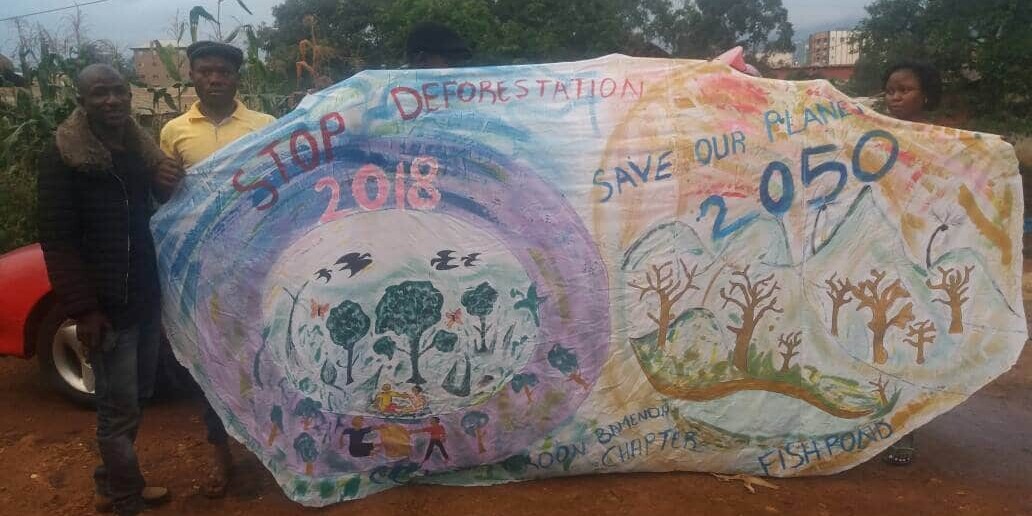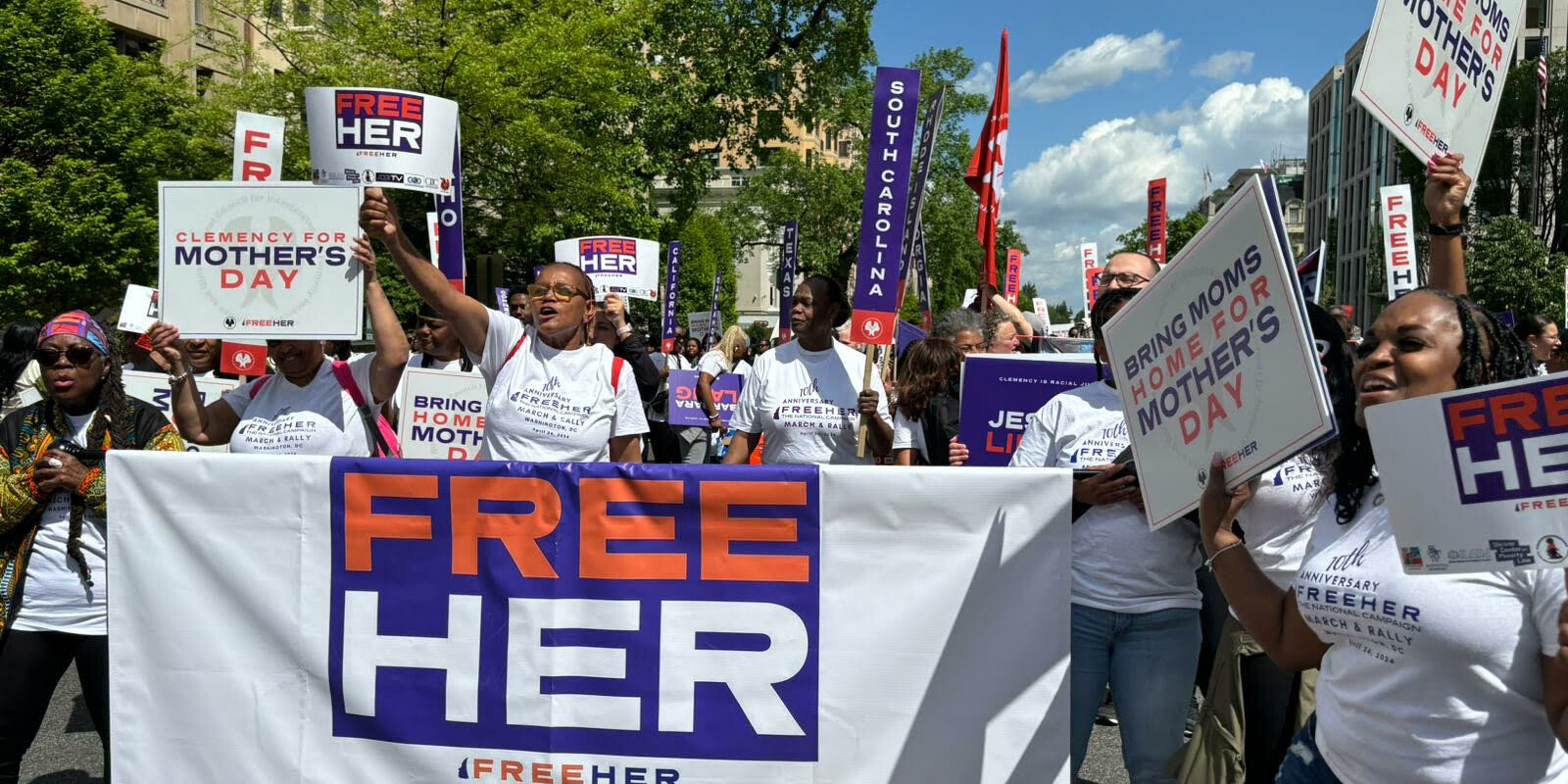The Goldin Institute was pleased to participate in the Conference on Community Writing hosted at the University of Colorado at Boulder from October 18 – 21, 2017.
In a presentation on the theme of Building Global Networks that Support Local Action, Executive Director Travis Rejman previewed the Gather Platform alongside partners Lisa Dush and Delasha Long from DePaul University.
The conference overall focused on the field of “Community Writing” which is typically associated with the physical movement of students, teachers and researchers into local spaces to write, teach and learn. In our presentation, Lisa and Delasha offered a tool and framework for understanding how space, curricula and activities work together to facilitate learning. In light of this theory of space, Travis presented a new way to imagine spaces in a digital environment that incorporates the sense of being and working together in physical learning environments.
[quote]This was my very first time presenting at a conference, and the attendees made me feel very welcome. I enjoyed the discussion on rethinking our current models of service-learning projects. It was exciting to see how participants said they were blown away by the presentation on the Gather Platform.[/quote]
— Delasha Long, DePaul University
The 2017 Conference on Community Writing featured dozens of enlightening presentations on the overall theme of “Engaging Networks and Ecologies.” The conference convened community writing teachers, students, scholars and activists from across the country to address the issues facing our communities—climate change, population movements related to climate, political instability, systemic misogyny, racially motivated police killings, mass incarceration, expansion of corporate rights, resurgence of anti-immigrant rhetoric, educational injustices and gun violence—from both scholarly and practical perspectives.
Questions that were explored at the conference that were of particular interest to the Goldin Institute network included:
- How can we apply or use ecological theories of writing as distributed, hyper-networked, circulatory, and remixed in order to strengthen our work to catalyze change in our communities?
- How can we work to expand our networks and ecologies to include the voices and writings of historically and chronically marginalized members of our communities?
- What projects have you completed or envisioned that take advantage of digital technologies aiding community development?
A special thank you to our partners Lisa Dush and Delasha Long for co-presenting and to our new friends at the Conference on Community Writing for hosting such a wonderful event.
Author
-
Travis Rejman is the founding Executive Director of the Goldin Institute, a global non-profit based in Chicago that has inspired, equipped and connected grassroots leaders in over 50 countries over the last twenty years. Bio
View all posts








